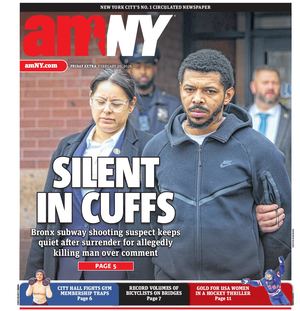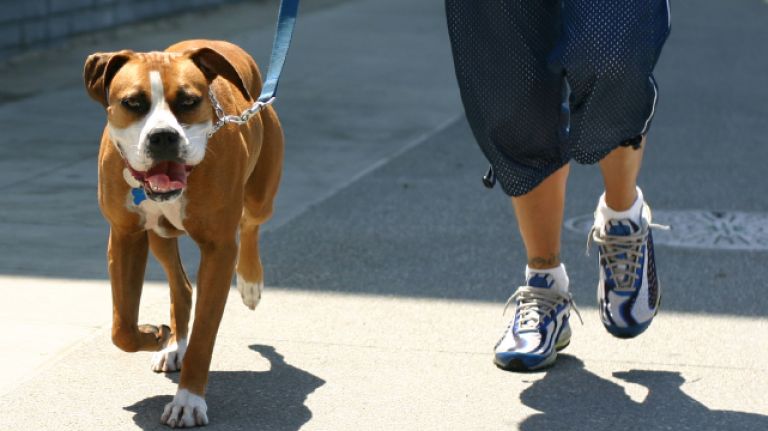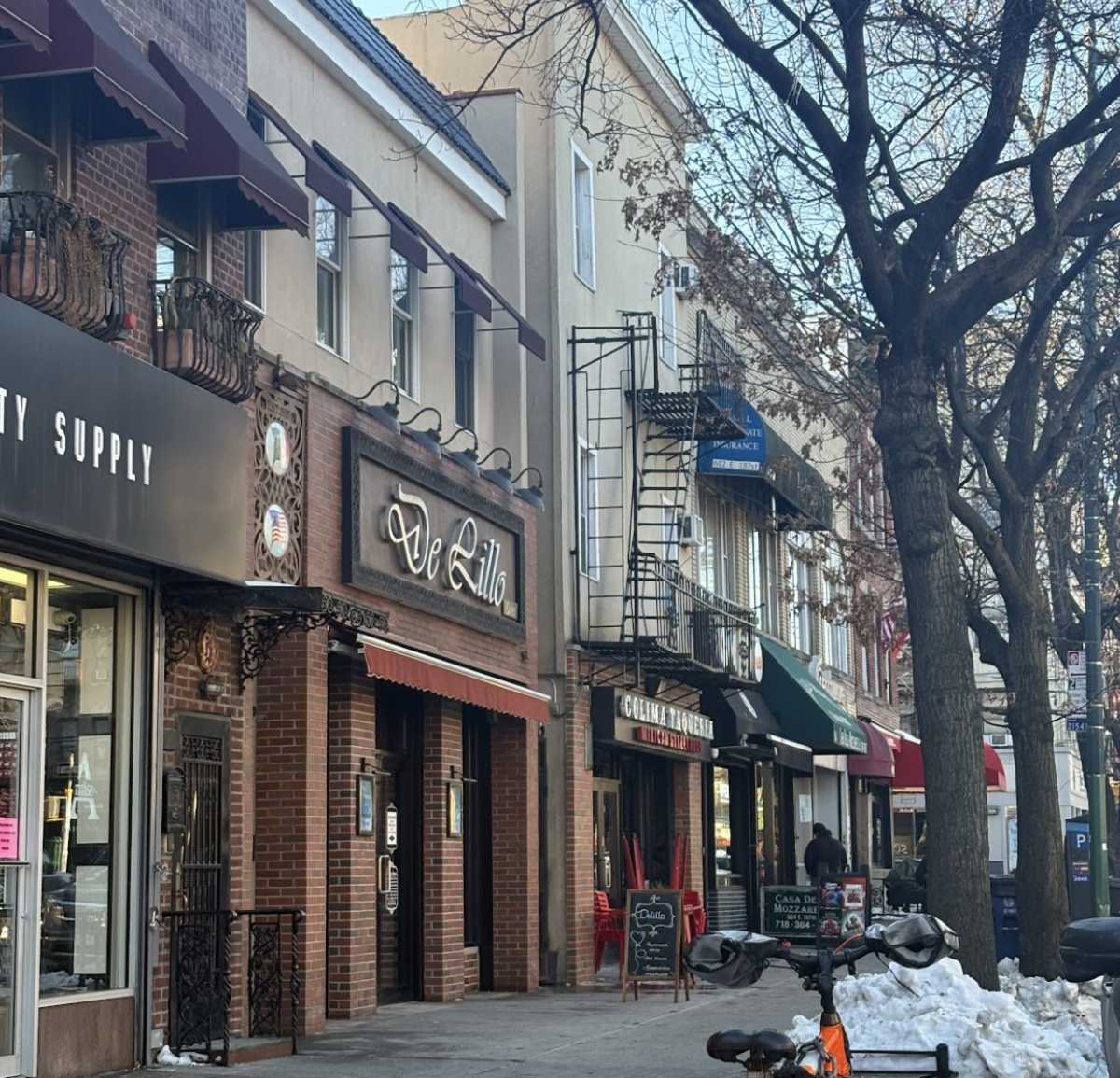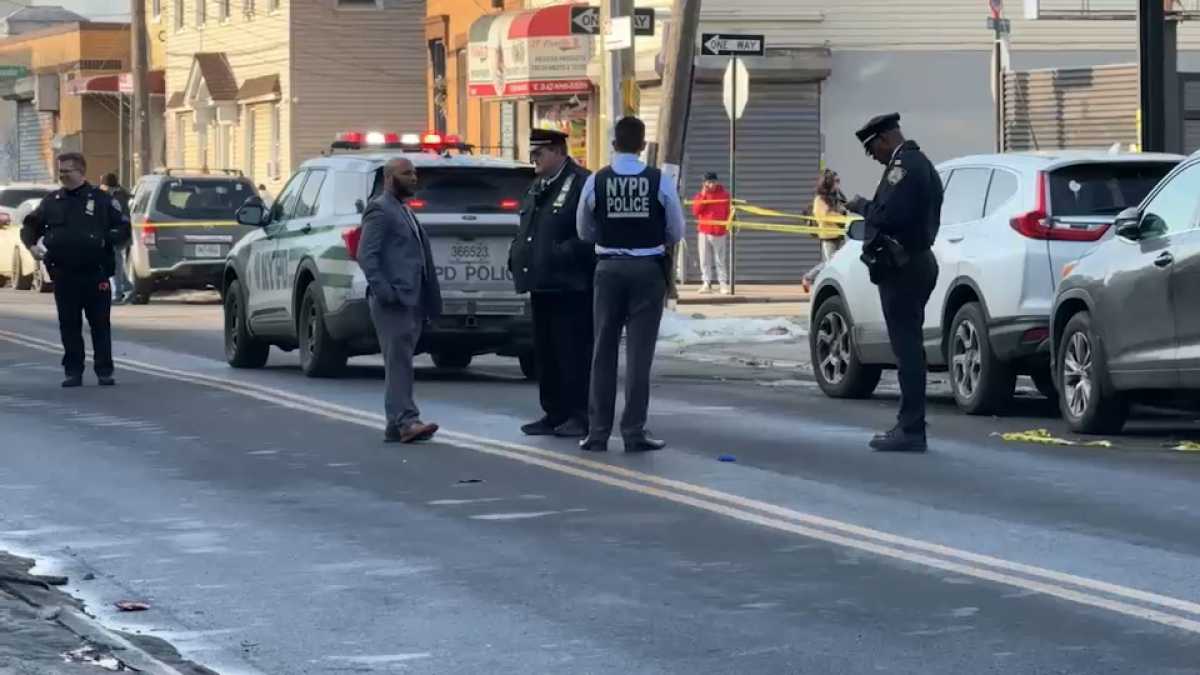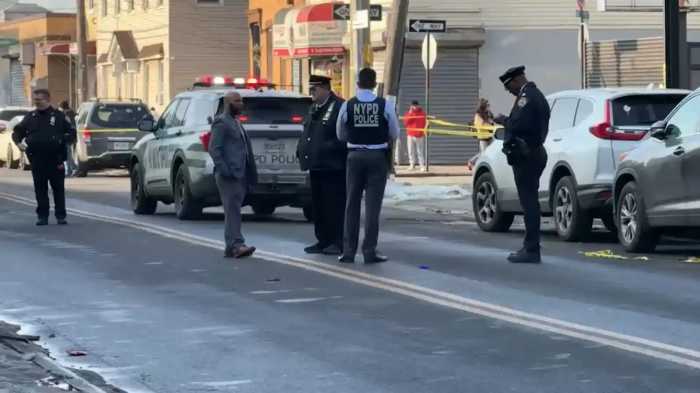
Some New Yorkers just can’t seem to bring themselves to pick up after Fido.
And while most people in the city can attest to the perennial challenge of avoiding fresh dog messes on streets and sidewalks, residents of the Bronx have to be particularly careful where they tread, according to a review of 311 complaints.
The borough had the most 311 complaints — 740 — for “dirty conditions” caused by dogs in fiscal year 2014, according to city data. Following closely was Queens, which had 728 complaints. Brooklyn had 614; Manhattan had 220. Staten Island had the lowest number of complaints — 140 — — for the 12 months ending in June. In total, the city fielded 2,442 complaints for the year.
A further analysis of the data by population showed a handful of ZIP codes, including 10464 in Pelham Bay and 11378 in Maspeth, Queens, topping the list with the most complaints per 10,000 people.
Bronx Borough President Ruben Diaz Jr. said his office had made clearing dog doo-doo from the streets a “major priority.”
“Increased enforcement of dog waste violations has been a major priority for my office for several years now,” he said. “We have urged the Department of Sanitation to increase enforcement in the Bronx, and it’s clear that those efforts are making an impact. Dog waste is disgusting, and the people who do not pick up after their dogs are just as disgusting.”
Unsurprisingly, more summonses for failure to pick up dog waste were issued in the Bronx — about 140 for fiscal year 2014 — than in any other borough, according to the Department of Sanitation, which handles the complaints to 311. Only 26 summonses were issued in Brooklyn; 22 in Queens; 17 in Manhattan; and just one in Staten Island.
Dog walkers who fail to pick up after their animals can be fined $250 – if they get caught. The city has only about 160 sanitation agents assigned to enforcement.
Residents in some of the hardest-hit neighborhoods of the Bronx, such as Castle Hill, described living with a constant threat of fresh dog feces.
“Every morning I have to clean the front of my house,” said 63-year-old Gladys Rivera. “People do whatever they want and mess the neighborhood up.”
Rivera said she has confronted people planning to leave poop in her front lawn. But those efforts have not deterred inconsiderate dog walkers. She said she now plans to put bricks around her tree to prevent the messes.
Resident Kenneth Weldon, 60, said he couldn’t help but notice the poop in the neighborhood.
“I think it’s disgusting,” he said. “If you have a pet, you have to pick up after them. They should fine anyone … around $5,000.”
Francisco Gonzalez, the district manager of Community Board 9, which includes Castle Hill, said he didn’t think there was enough enforcement.
“If you want to address dog waste, you need to have enforcement,” he said. “We are not seeing as much enforcement as I would like.”
Ivine Galarza, the district manager for Community Board 6, which includes West Farms, said dog waste had “historically been a problem.”
“I would say that people are aware of the existing laws and just don’t follow them,” she said, adding that the Department of Sanitation might want to consider a campaign to inform the public about the need to pick up after dogs.
The city’s Pooper Scooper Law was first introduced in 1978, and the city has been waging a war to keep the streets and sidewalks clear of dog waste since then.
Contesting dog poop summonses is fairly easy. Anyone accused of breaking the Pooper Scooper Law can submit a defense online, by mail or by phone call to a judge of the Environmental Control Board, one of four courts that comprise the Office of Administrative Trails and Hearings.
The sanitation department says it is serious when it comes to dog poop, but that it is often difficult to catch scofflaws in the act.
“People who violated the Pooper Scooper law are inconsiderate of their neighbors and their neighborhood,” said sanitation spokeswoman Kathy Dawkins in an email.
She encouraged neighbors to help out the sanitation dept by basically snitching on dog walkers.
“If they observe violators who follow a set routine, they should make a note of specific information on their regularly recurring actions, such as time of day, day of the week, street name and other pertinent information,” she wrote.
(With Noelani Montero)
